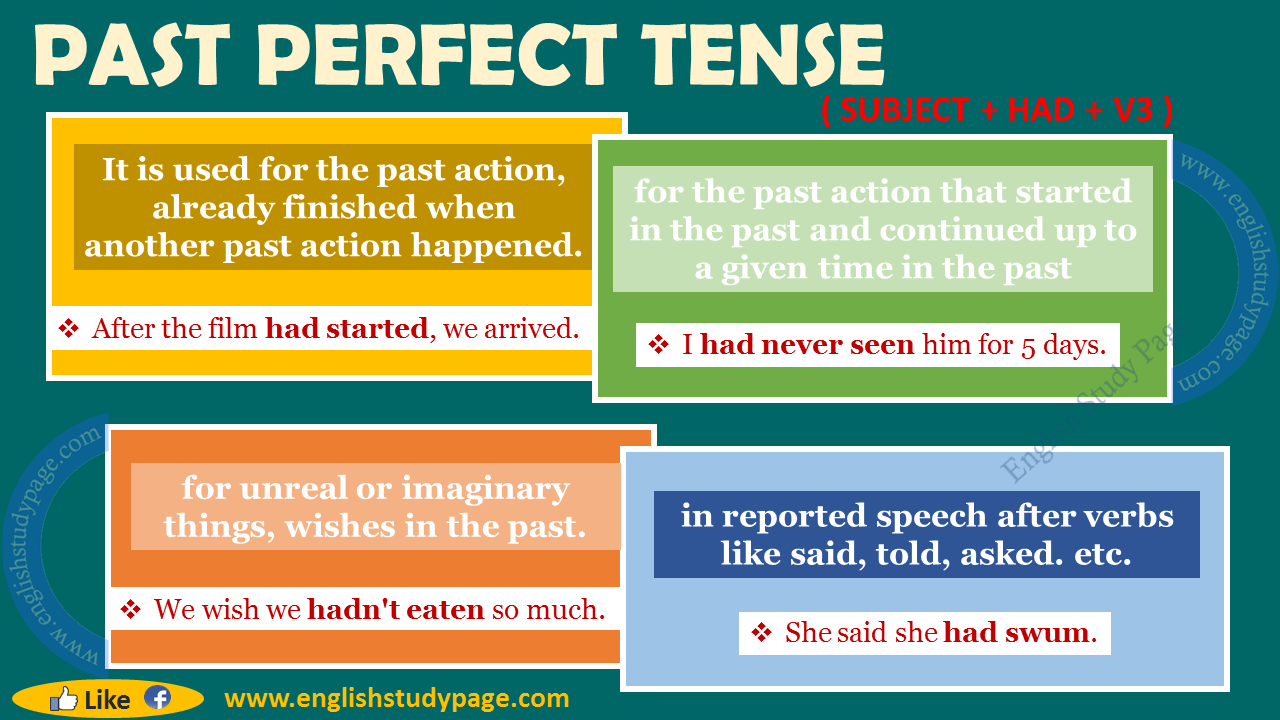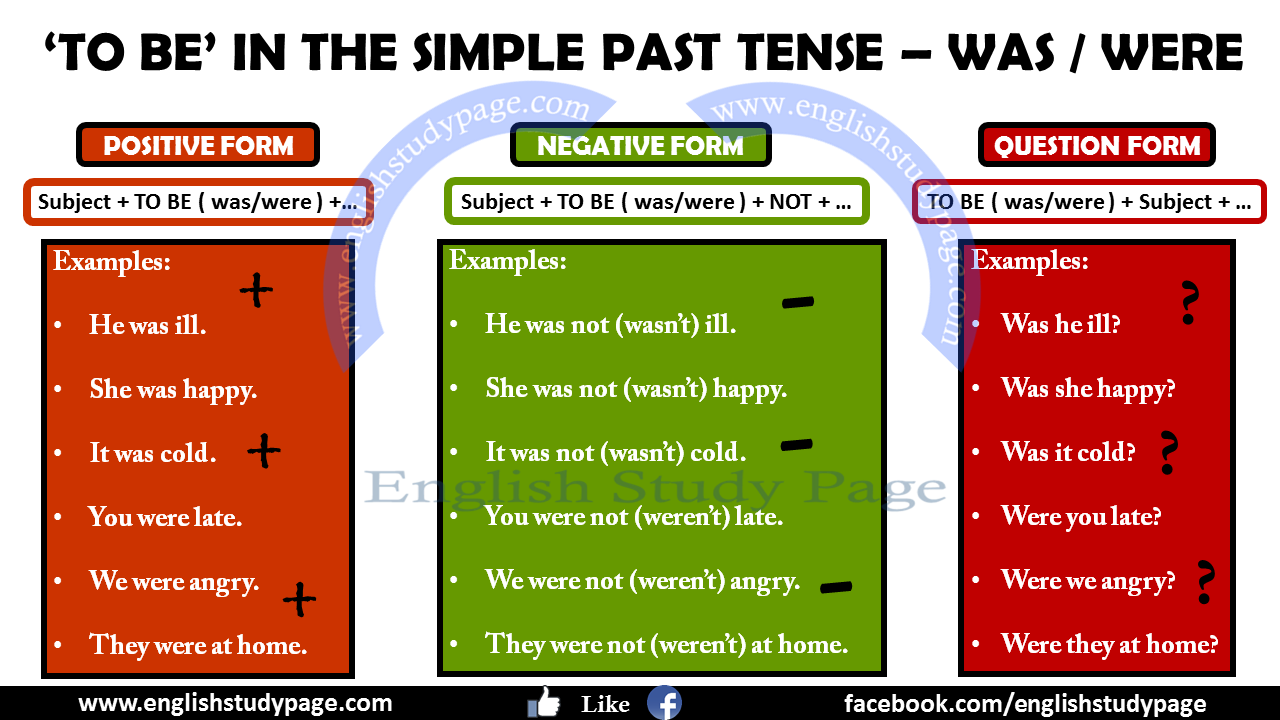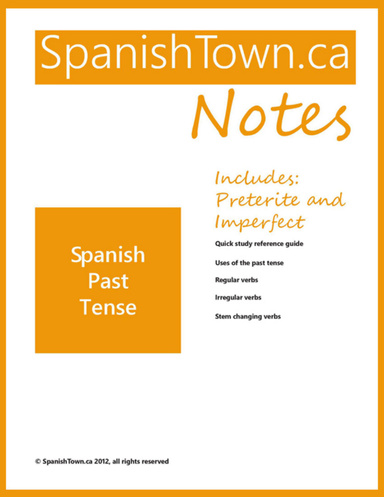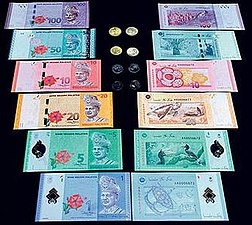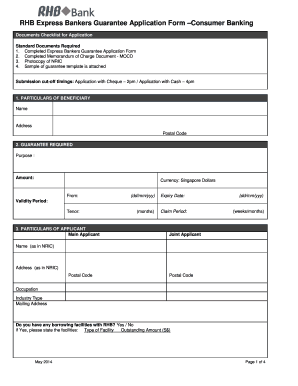Study past tense - Using the Present Tense and Past Tense When Writing an Abstract
▷ Conjugation of verb (past tense) STUDY
If you imagine that this construction is unusual or inappropriate, I can only say that you are mistaken.
These verbs that take up different forms to indicate the time of an action, event or condition by changing its form are called as tenses.
Also the aforementioned modal verbs could, might and should may replace would in order to express appropriate modality in addition to conditionality.
Introduction to Tenses: Past, Present and Future Tenses with Examples
English does not have an inflective morphological conditional mood, except in as much as the modal verbs could, might, should and would may in some contexts be regarded as conditional forms of can, may, shall and will respectively.
Determining which tense to use when writing an abstract is not always straightforward.
Consider a situation where you called on Tom at his home.
- Related articles
2022 mail.xpres.com.uy

